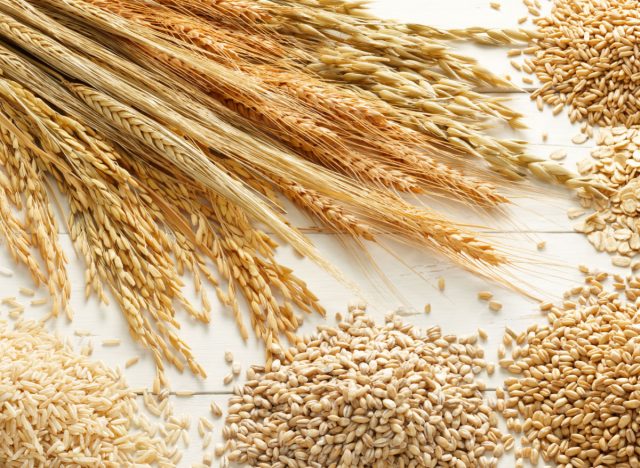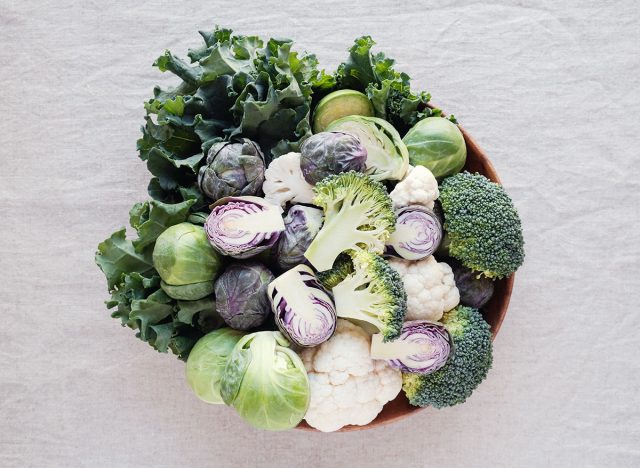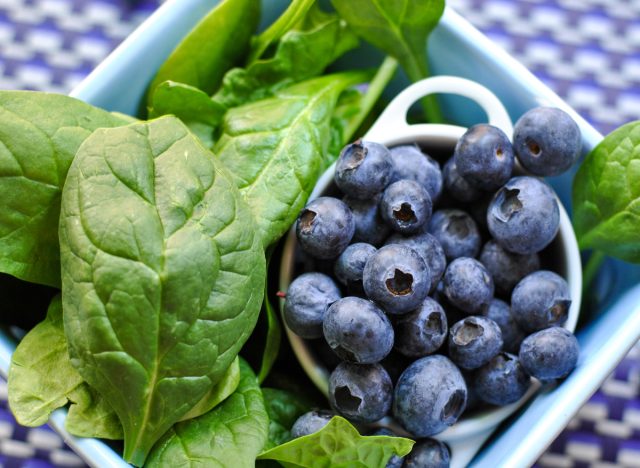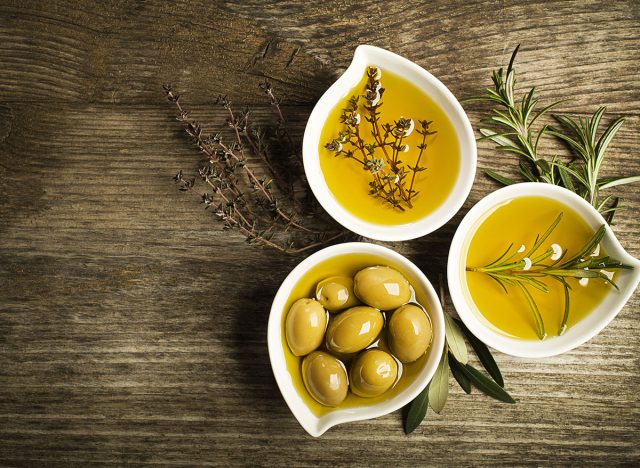Ever wonder why some British singers sound American when they sing? Or why we call it a middle finger when it's not? (Think about it—your thumb isn't a finger.) We ponder all sorts of strange things, but honestly, when was the last time you thought about your liver? You worry about your heart and brain, but you rarely concern yourself with your liver health, despite it being just as essential for life. Like your appendix or spleen, the liver is just—well, chopped liver.
But your liver deserves your attention—your praise, even. After your skin, it is the second-largest organ in your body, and it is a workhorse! Scientists say it performs 500 duties that are critical to your life. It breaks down your food, removes toxins from the blood, and clears other medications from your body. It manages your cholesterol levels, helps your body absorb fats, and it regulates hormone levels.
This unsung hero doesn't get much attention until something goes awry, like scarring from too many drinks (cirrhosis) or nonalcoholic fatty liver disease (NAFLD), a symptomless infiltration of fat into the liver often caused by being obese, having high triglycerides or LDL cholesterol, or having diabetes. Like type 2 diabetes and other metabolic disorders, you can reduce your risk of NAFLD and other liver problems by maintaining a healthy bodyweight and eating healthy and exercising, the same old practices of healthy living of which you're well aware.
You can protect your liver by avoiding "excess added sugars and alcohol and limiting processed snack foods, like pretzels," says registered dietitian nutritionist Jill Weisenberger, MS, RDN, CDCES.
"Eat mostly a plant-based diet to get the benefit of anti-inflammatory and insulin-sensitizing compounds. Aim to eat fruits or vegetables or both at every meal and snack to get a continuous dose of disease fighters," Weisenberger continues.
To be even more proactive about your liver health, you can fill your plate often with certain superfoods known to promote a healthy liver, like the following:
Barley and oats

Both whole grains are good sources of dietary fiber, which has been shown to help people lose weight and create a healthy balance of bacteria in their gut microbiome. The authors of a recent study in Nutrients say that weight loss achieved by calorie restriction is one of most effective treatments for NAFLD. Eating foods rich in fiber keeps you full longer, often reducing the number of calories you eat. What's more, prebiotic fiber stimulates a healthy gut microbiota, which reduces inflammation and liver injury. Consuming 7.5 grams or more of insoluble fiber like the kind found in oats and barley has been shown to improve three different scores of liver fibrosis, a progression of NAFLD, the researchers say.
Cruciferous vegetables

"If you want superfoods for liver health, I couldn't recommend broccoli, kale, brussels sprouts, and other cruciferous vegetables enough," says registered dietitian nutritionist Carley Knowles, RDN, LD. "Cruciferous vegetables help the body naturally detox and protect the liver from damage, while improving its overall function."
A study by Texas A&M AgriLife Research scientists suggests that NAFLD can be controlled by a compound called indole found in cabbage, kale, cauliflower, broccoli, and Brussels sprouts. Reporting in the journal Hepatology, researchers found that study participants who were clinically obese had significantly lower levels of indole in their blood than the lean subjects did. Also, those with lower indole levels had a higher amount of fat in the liver.
Blueberries and leafy greens

"A few foods I recommend for liver health include blueberries and other berries, herbs and spices, leafy greens, broccoli, and other cruciferous vegetables," says Weisenberger. "Each of these foods contain many health-boosting phytonutrients that support liver function."
Researchers in Saudi Arabia believe blueberries, which are a potent source of antioxidants, may someday be a therapy for managing age-related liver disease based on their study of a group of aged rats that were overweight and had markers of metabolic disease and liver dysfunction. After four weeks of being fed blueberry extract, the rats' livers improved.
Even if your doctor tests your liver enzymes and says your liver is healthy, you'll want to keep eating blueberries.
Coffee, green tea, and water

The best thing you can do to protect your liver is to avoid alcohol. The second-best thing—drink lots of water to prevent dehydration and help your liver function better, says the American Liver Foundation.
"Drinking water also will likely reduce your consumption of sugar sweetened beverages, which are harmful to the liver. Other liver-healthy beverages include tea and coffee," says Weisenberger.
The most potent liver-protecting tea is matcha green tea, which contains the greatest amount of antioxidant catechins. A meta-analysis of published studies in the International Journal of Clinical and Experimental Medicine concluded that drinking green tea regularly is associated with decreased risk of the liver cancer HCC, fatty liver disease, hepatitis, and liver cirrhosis. Coffee, including decaffeinated coffee, also decreases risk of chronic liver disease. Additionally, meta-analysis published in BMC Public Health in 2021 compared 384,818 coffee drinkers to 109,767 non-coffee drinkers and found that coffee consumers were 20% less likely to develop chronic liver disease or NAFLD and 49% less likely to die from liver disease than non-coffee drinkers.
Olives oil

"Research shows that olive oil improves good cholesterol which protects you from fatty liver disease," says Knowles.
Olive oil's oleic acid, a monounsaturated fatty acid, and phenolic compounds activate certain signaling pathways in the liver that help prevent inflammation, oxidative stress, mitochondrial dysfunction and insulin resistance, helping to prevent and even reverse liver damage, according to a 2018 study published in Endocrine, Metabolic & Immune Disorders – Drug Targets.